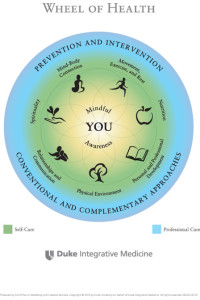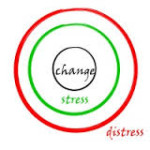Mindfulness, Stress Reduction, Healthcare System, Spirituality

Mindfulness, Stress Reduction, Spirituality, Healthcare System:
The current popularity of mindfulness is largely attributed to Jon Kabat-Zinn’s work at the Stress Reduction Clinic at the University of Massachusetts Medical Center. I suspect a combination of timing, insight and serendipity were responsible for this event. When I came across this program many years ago I had already been teaching meditation and related approaches for many years but had always seen these things as a niche approach for a limited number of people. Mindfulness had historically been a central part of a spiritual tradition and to re package it as a stress reduction approach in a major health care system was a novel and effective idea. Not only did it immediately have a positive impact on stress related issues but it opened up mindfulness to a much wider population by making it a secular approach to overall health. It became a non threatening spiritual discipline without the usual polarizing concepts that people argue about when discussing spirituality. The reason I say this is because reducing stress opens up people to a much bigger experience of themselves and their relationship to the world around them. Once the fear from stress is reduced we are able to revisit our sense of interconnectedness which is a central aspect of the spiritual experience. I rarely bring up spirituality in my classes yet it inevitably is brought up by the participants as they discover the connection between stress reduction and spirituality.
The healthcare system has provided an unexpected opportunity for many people to explore things that they normally would not be open to. In so doing, the healthcare system is beginning to realize it’s positive effect in the lives of so many people. It is beginning to see the potential for true healing rather than just treating disease. Both of these issues need to be addressed in a truly effective system. The outcomes of this simple mindfulness program have been so profound that many other “delivery systems” have embraced mindfulness. We now see it in the schools, business, sports, the arts and practically every aspect of life. I still think the healthcare system is the hub of the delivery wheel, and like so many strong hubs, it gives support and strength to all the spokes.
Mindfulness, Stress Reduction, Healthcare System, Spirituality Read More »



